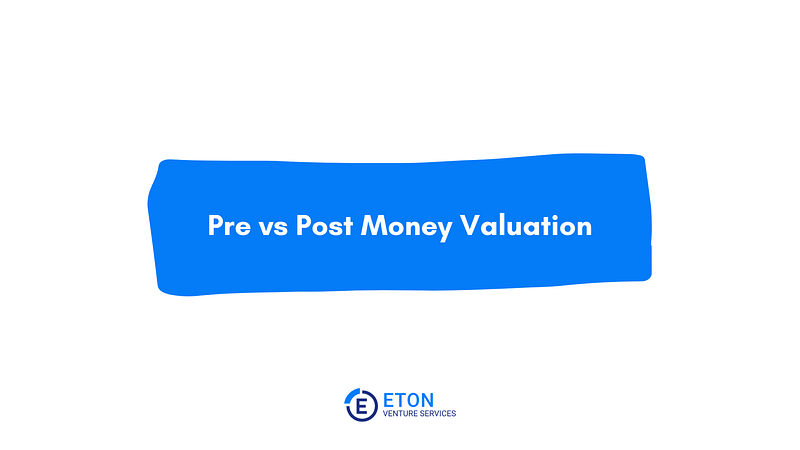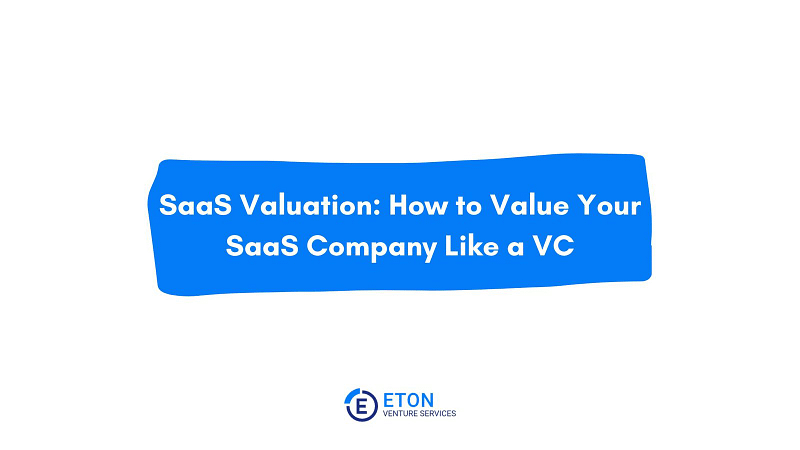Contingent Considerations
The conceptualization of contingent considerations plays an instrumental role in the current merger and acquisitions arena. Contingent consideration or “earn-out” is a type of payment that is made by a buyer to a seller in a business acquisition, but the exact amount of which is dependent on the achievement of certain future events or milestones. In other words, the payment is “contingent” on the occurrence of a specific future event or outcome, such as reaching a certain revenue target or securing a particular regulatory approval.
Contingent consideration is often used in acquisitions of companies with high growth potential, where the value of the target company is uncertain or difficult to assess at the time of the acquisition. It allows the buyer to share some of the risk of future performance with the seller and can also serve as a motivator for the seller to continue to work towards achieving the agreed-upon milestones.
It bridges the gap between the expectation of transaction prices among both parties. These earn-out payments have the ability to reduce the burden of immediate arrangement of cash at the very time of the acquisition, and at the same time, fulfill the expectation of transaction price by the target. It basically optimizes the risks and reward profile between the buyer and seller judiciously and comprehensively.
In high-growth industries in particular, it can be challenging for acquirers to accurately value a target company, as growth projections can be difficult to predict and often subject to a high degree of uncertainty. Contingent consideration is a tool that is often used in these scenarios to help strike a balance between the target’s optimistic growth projections and the acquirer’s more pessimistic outlook. Contingent consideration is a payment that is contingent upon the target company achieving certain performance targets or milestones in the future, such as revenue growth or customer acquisition. By including contingent consideration in the purchase consideration, the acquirer can mitigate the risk associated with the target company’s uncertain growth prospects and align the interests of both parties towards achieving long-term success. As such, CFOs and lawyers can play a crucial role in structuring these types of deals, ensuring that the contingent consideration is properly aligned with the target company’s performance and that the terms are fair and reasonable for all parties involved.
From the acquirer’s perspective, contingent consideration can provide the following benefits:
-
Reduced upfront costs: Contingent consideration allows the buyer to pay a lower initial price for the company being acquired, since a portion of the consideration is contingent on the company’s future performance. This can make the acquisition more financially feasible and less risky for the buyer.
-
Aligns incentives: Contingent consideration aligns the interests of the buyer and the seller by providing the seller with an incentive to help the company achieve its future targets. This can help ensure a smooth transition and integration of the acquired company.
-
Mitigates risk: Contingent consideration can mitigate the risk of overpaying for the acquired company, since the final purchase price will be based on the company’s future performance. This can also provide a safety net for the buyer in case the company’s performance does not meet expectations.
-
Preserves cash: Contingent consideration allows the buyer to preserve cash flow by deferring a portion of the purchase price until later. This can help the buyer maintain liquidity and invest in other areas of the business.
-
Opportunity for growth: Contingent consideration can provide the buyer with an opportunity to further invest in the acquired company if it performs well, and potentially accelerate growth through additional acquisitions or investments.
It’s important to note that contingent consideration also comes with potential downsides, such as uncertainty around future performance and potential disputes over how to measure performance. As a result, it’s important for buyers to carefully evaluate the risks and benefits of contingent consideration and work with legal and financial advisors to structure the transaction in a way that is fair and equitable for all parties involved.
Our experts can provide their valuable opinion regarding the various pre- and post-merger scenarios to help our clients sail through the transaction process with ease.
From the seller’s perspective, contingent consideration can provide the following benefits:
-
Aligns incentives: Contingent consideration can align the incentives of the acquiring and target companies, especially if the payment is tied to the target’s future performance. This can motivate the target company to work towards the same goals as the acquirer, which may result in better collaboration and outcomes.
-
Increases deal value: Contingent consideration can increase the overall value of the acquisition deal, as it provides an opportunity for the target to receive additional payment beyond the initial purchase price. This can be beneficial for the target company’s shareholders, as it can result in a higher return on their investment.
-
Mitigates risk: Contingent consideration can help to mitigate risk for the target company, as it provides a safety net in case certain contingencies are not met. For example, if the target company is promised a certain amount of payment if certain performance targets are met, but those targets are not achieved, the target company may still receive a portion of the payment if the payment is contingent on other outcomes.
-
Provides a bridge to future success: Contingent consideration can also provide a way for the target company to bridge the gap between its current performance and its potential for future success. For example, if the target company is promised additional payment if it achieves certain milestones, this can help to fund investments that may be necessary to achieve those milestones.
-
Increases flexibility: Contingent consideration can also increase the flexibility of the acquisition deal, as it allows for adjustments to be made based on future events or outcomes. This can be beneficial for the target company if it is uncertain about its future performance or if it wants to maintain some level of control over the outcome of the acquisition.
Although rare, there are some asset purchase agreements that include “clawback” clauses. Clawbacks require the target to repay some of the purchase consideration if agreed-upon financial and operational goals aren’t met.
Contingent consideration can be paid in cash, shares, or a combination of the two. Each of these modes of payment has its merits and demerits for acquirers, granting the shares can reduce the risk associated with diluting the value of the share. If the earn-out conditions are met, it won’t burden the acquirer with additional cash requirements. Offering equity will motivate the target involved in the company’s operational performance even beyond the earn-out period. Also, targets who receive the ownership equity as shares can enjoy the upside potential for greater future earnings as and when the company grows. However, cash settlements will not provide any such opportunity to benefit from the rise in the stock price. The choice of settlement modes really depends on the acquirer’s and seller’s preferences, life stages, synergies, business outlook, and goals.
In addition, financial reporting compliance under ASC 805 plays a critical role in the use of contingent consideration in M&A transactions. This standard requires that the fair value of any contingent consideration be estimated at the time of the acquisition and included in the initial accounting for the transaction. An experienced valuation firm can assist both buyers and sellers in complying with this standard by providing an independent and objective assessment of the fair value of the contingent consideration, as well as the appropriate accounting treatment. This can help to ensure that the transaction is accurately reflected in the financial statements of both parties, which is essential for maintaining transparency and credibility with stakeholders.
How can Eton help?
Eton Venture Services offers a range of services to provide valuable insights and expertise on the appropriate structuring of contingent consideration, including the value determination of appropriate milestones and contingency plans in the event that certain outcomes are not met. Valuation is all we do. Every valuation is performed by our team of highly trained accountants and Chartered Financial Analysts. With thousands of valuations under our belt, and relationships with most of the leading law, accounting and audit firms, you can be confident in the valuations we deliver. Eton’s team of experienced valuation analysts has the expertise and industry knowledge you need to meet the requirements of ASC 805 and ensure that your company’s financial reporting is compliant. Contact Eton today.








